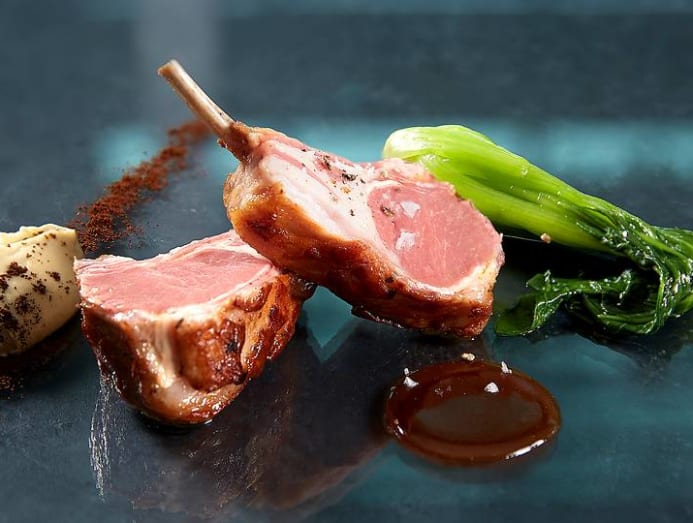He puts everything from fish bones to used coffee beans to delicious use
Zafferano's head chef Emanuele Faggi instils in his team the value of respecting each ingredient – and he's reduced food wastage by 70 per cent.
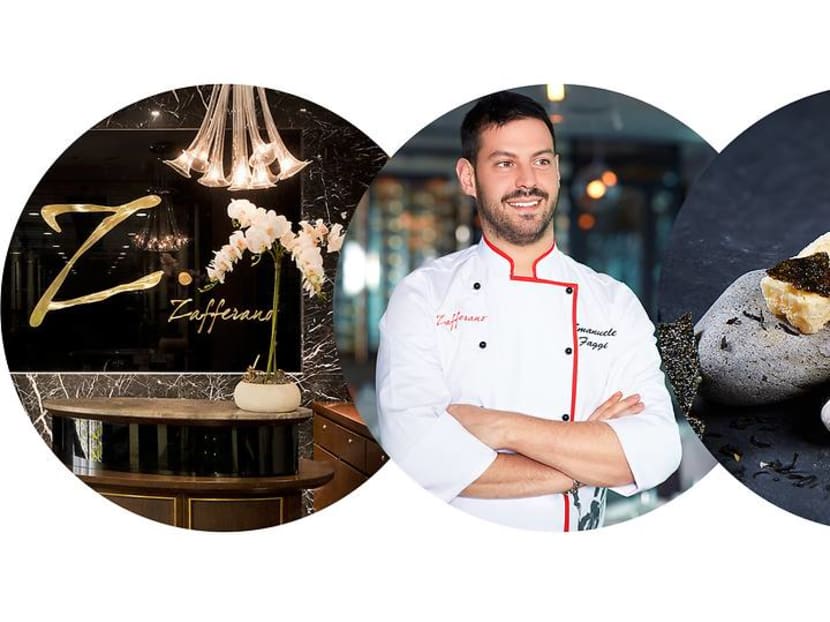
Zafferano's head chef Emanuele Faggi. (Photo: Solo Step Studio)
Chef Emanuele Faggi will never forget one habit his mentor Chef Carlo Cracco had when he was working at the latter’s eponymous Michelin-starred restaurant in Milan, Italy.
Well-known for advocating minimal food wastage, Cracco would inspect the restaurant bin every night to make sure that no useful parts of an ingredient were discarded.
“He influenced and shaped my culinary values during my five years with him,” said Faggi, who became head chef of Zafferano Italian Restaurant & Lounge last January. “It became a habit for me to work conscientiously with the produce and ingredients.”
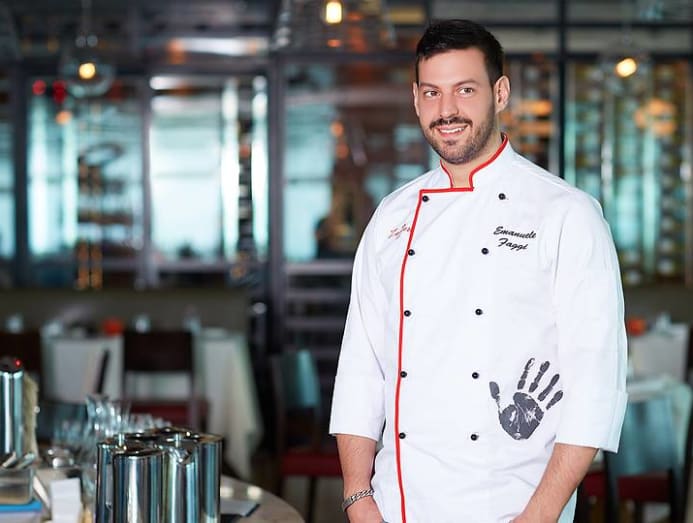
The Tuscan native estimates that food wastage at the restaurant has been reduced by 70 per cent since he joined. The skins of onions, tomatoes, potatoes, and capers as well as used coffee beans and the insides of lobster heads, reincarnate as flavour-packed powders.
Parmesan cheese rinds are dried and topped with uni cream and nori flakes to be served as snacks to diners before starters. The rice used for storing truffles is used for making rice crackers and staff lunches, while fish bones and vegetable roots are cooked into stocks and sauces.
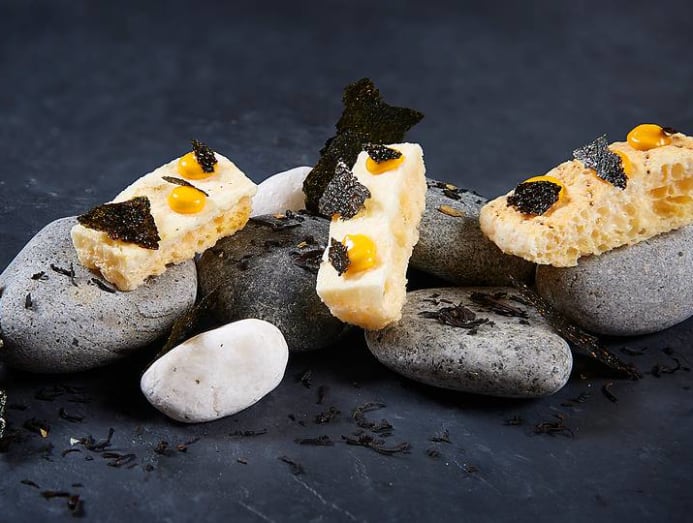
Faggi explained, “The kitchen team works works closely with the service team to assess the reservations and prepare the appropriate number of portions. We take great care in planning our food preparation to ensure that food wastage is minimised.”
Cultivating a waste-not mindset takes time, although Faggi feels that it should be a process as natural as not leaving a tap running when we are brushing our teeth. He added, “We are what we repeatedly do, greatness is not an act but a habit.”
“The challenge is changing the mentality of the people whom you work with and inculcating value and respect for each ingredient,” said Faggi. “It is also training the team to think creatively and work conscientiously especially when it comes to managing produce and ingredients. It is so easy to discard parts that are considered useless instead of thinking of ways to extend their usage.”
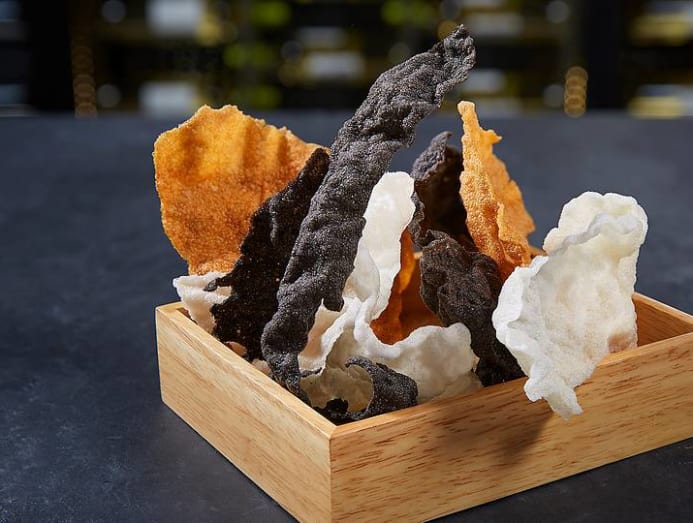
Faggi regularly trains and supervises the Zafferano kitchen team on how to maximise the use of each ingredient. For instance, when a fish is dissected, only the gut is thrown away after filleting. Parts of produce that are not used for guests’ dishes are used for staff meals.
Contrary to the common perspective that sourcing sustainable produce or implementing sustainable measures would equate to higher costs, Faggi believes that it is about creatively utilising an entire ingredient such that its absolute cost is fully realised. He does not like to over-plate his dishes and observes the amount of leftover that is returned to the kitchen, making adjustments where necessary without compromising on the overall dining experience.
He finds it heartening that diners are more discerning and aware nowadays, and will ask about the provenance and processes behind the food they are eating. He said, “These people are more likely to participate in a sustainability movement and support organisations or brands with such practices. I foresee more chefs, especially the younger ones, being more conscientious when they plan their operations and paying more attention to the supply sources of their produce and ingredients.”
